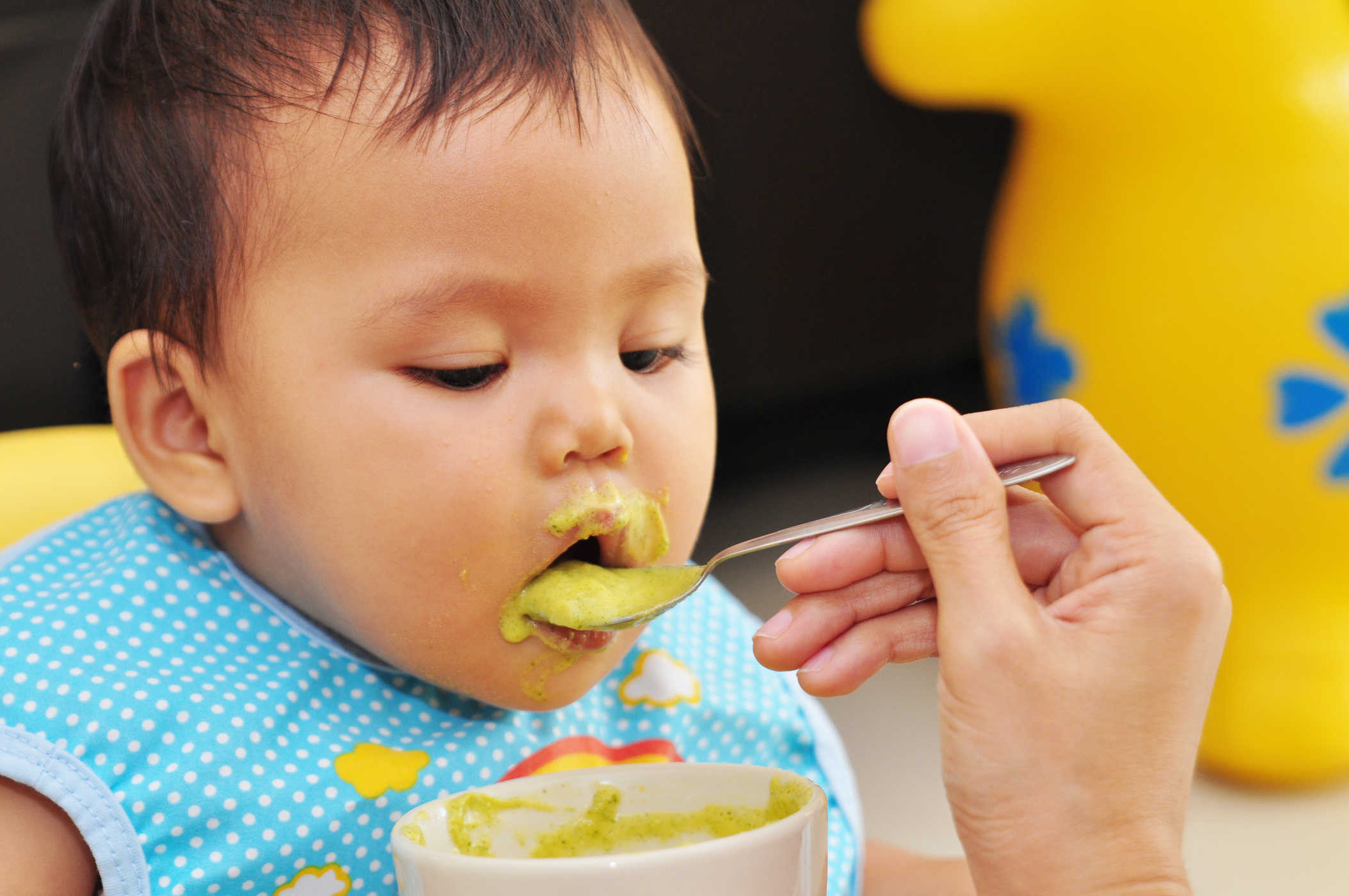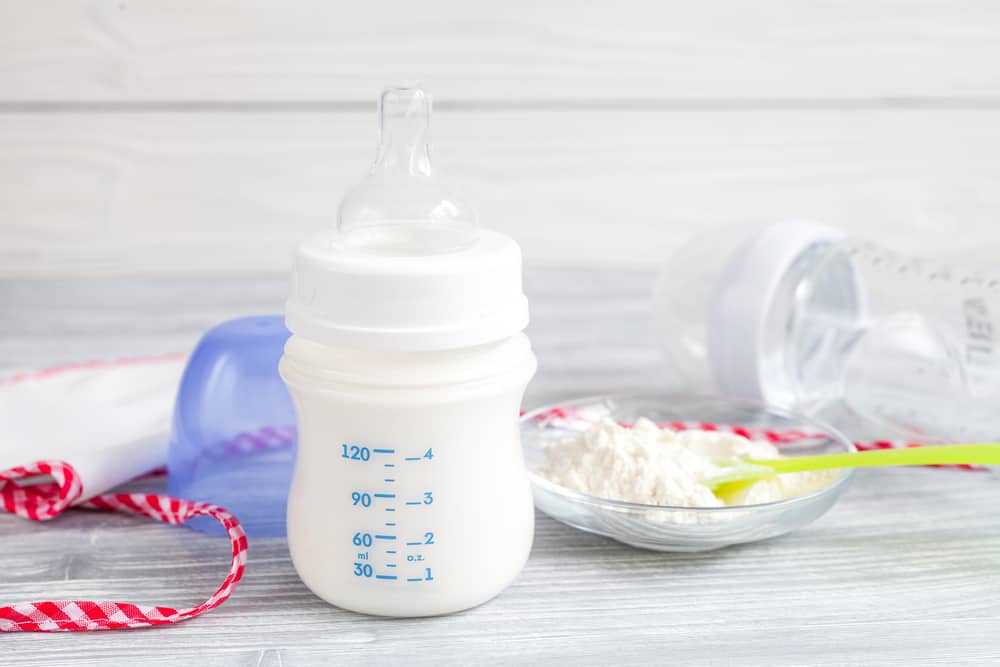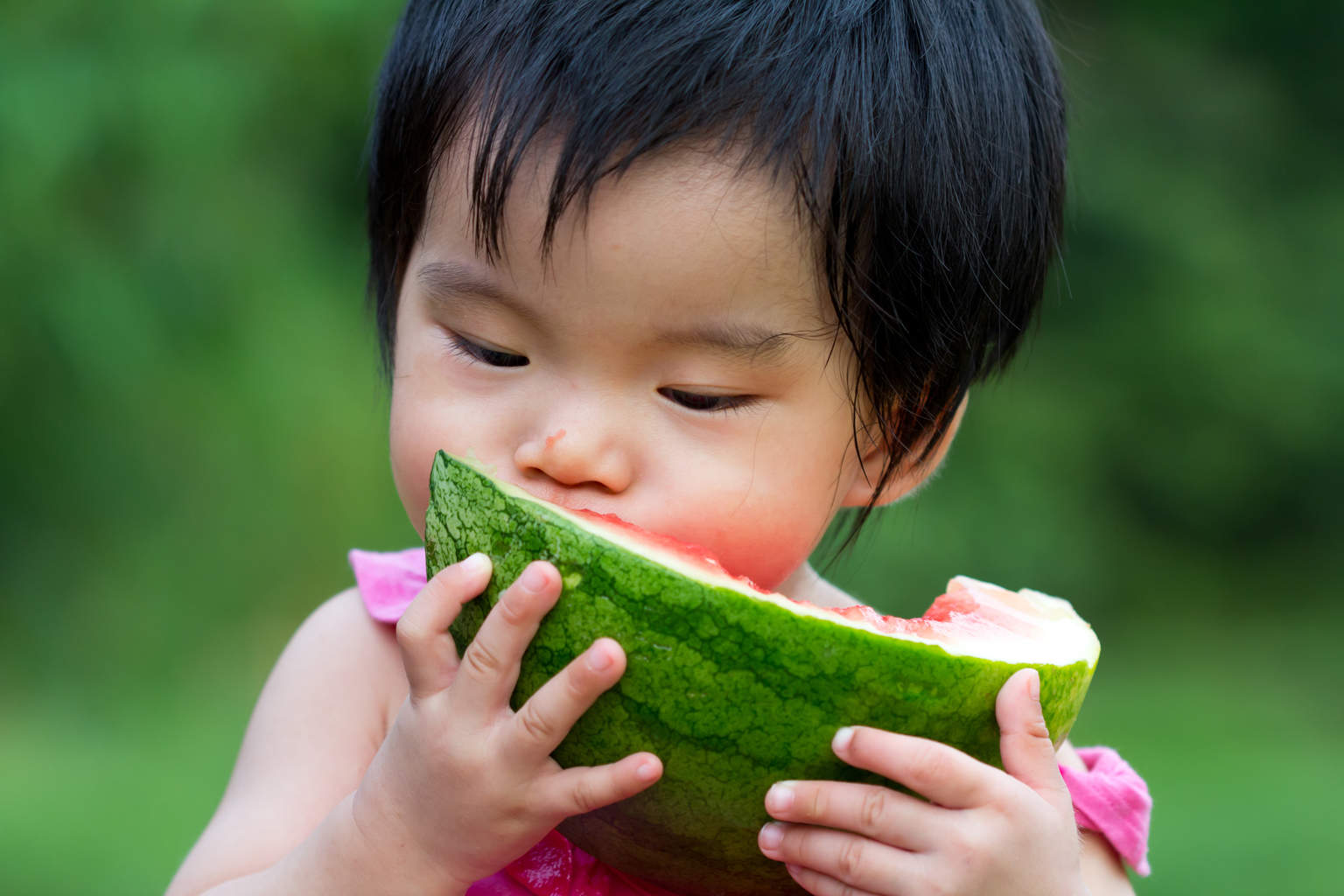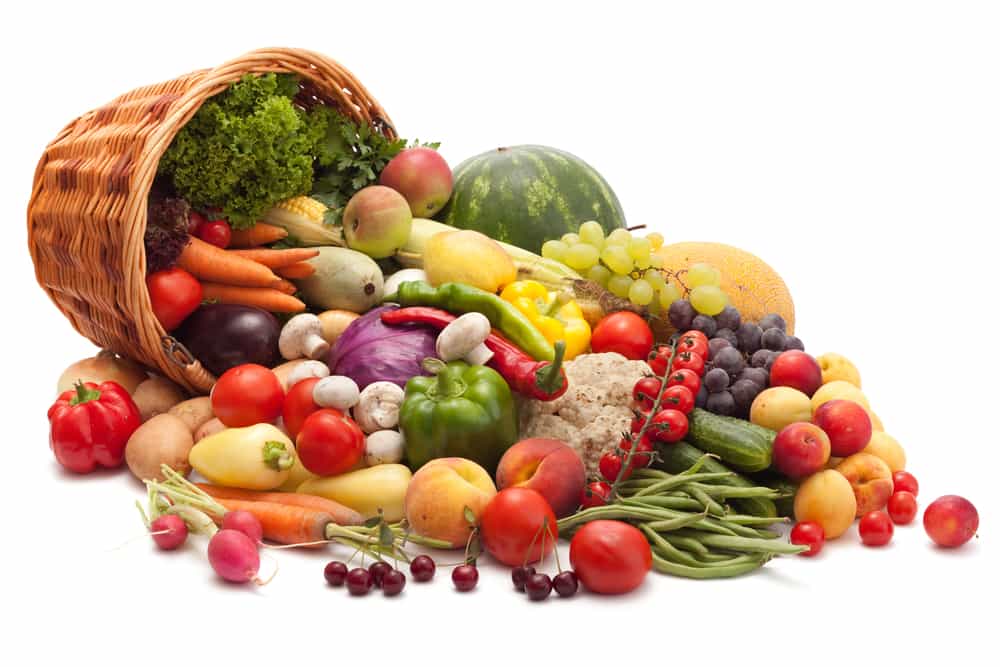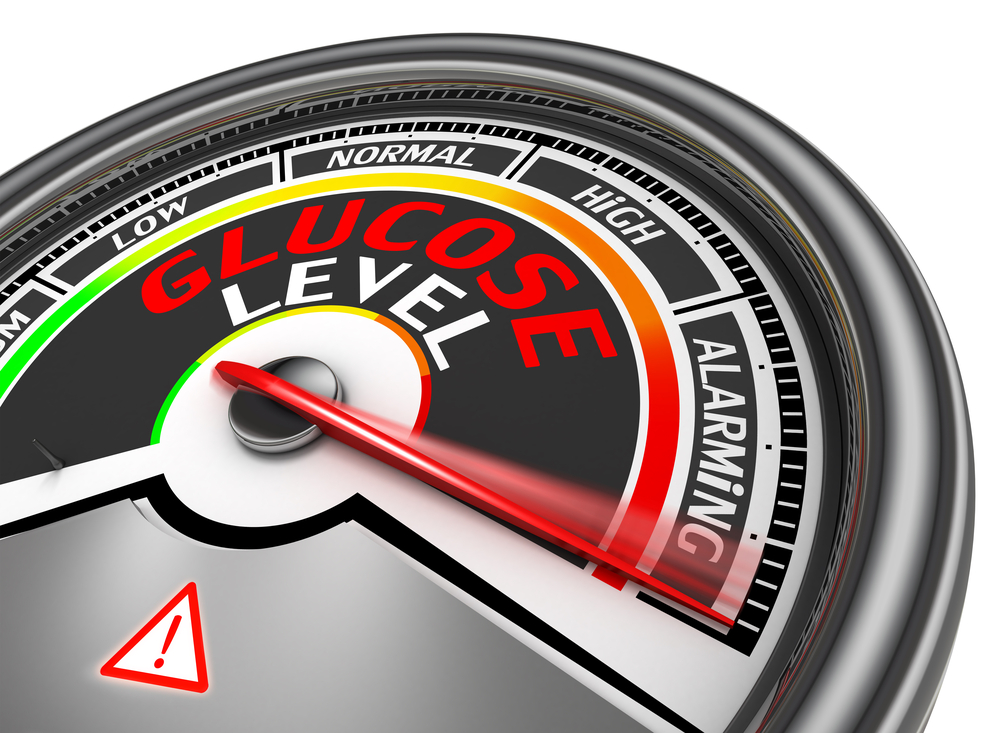Contents:
- Medical Video: Early Brain Development - Boys Town Pediatrics
- 1. Fat
- 2. Iron
- 3. Choline
- 4. Folic acid
- 5. Iodine
- 6. Protein
- 7. Zink
- 8. Vitamin D
Medical Video: Early Brain Development - Boys Town Pediatrics
Talking about the development of the baby's brain, this starts not only when the baby is born. The development and growth of the baby's brain has started since the mother's womb. When a baby is born, all its growth and development will also run faster including the brain. Therefore, there are several nutrients that are very important to maximize brain development. What are the nutrients involved in the growth and development of the baby's brain? See below.
1. Fat
Fat is a substance that is needed for the baby's brain. When a new baby is born, breast milk is relied upon as the best source of fat for the baby's brain. As many as 55 percent of the calories produced by breast milk come from fat. Type of fat DHA (Docosahexaenoic acid) and ARA (Arachidonic acid) will make the baby's brain work more optimally. DHA also forms the structure of the baby's brain.
About 25 percent of baby brain fat is formed by DHA which is obtained from the fat consumed. ARA also acts as a basic ingredient in making prostaglandin, a substance that is very important in the process of brain growth and development.
A source of fat that you can get from avocados, fatty fish such as salmon, tuna, and sardines, eggs, beef, beans. If your child is more than 6 months old, then you can get fat from these food sources.
2. Iron
Breast milk is also relied upon as the main source of iron for babies. However, when babies reach the age of 6 months and above it is very important to provide foods that contain other high iron, because their needs increase.In the newborn period of up to 2 years the baby's body will grow rapidly, and the volume of blood produced is increasing.
When the baby's body lacks iron in its food menu, the body uses all the iron in the body to produce blood, and finally the brain does not get enough iron. This condition will cause cognitive problems that can affect it growing older.
Iron sources can be obtained from beef, fish, chicken without skin, liver, and eggs. You can also give baby food products that have been added specifically to iron (iron fortification).
3. Choline
Choline is a form of vitamin B complex that can be produced by humans in very small amounts. So choline levels in the body depend on the food intake obtained. The need for choline will increase even since the child is still in the womb, of course it is used to form the brain.
Choline in the body will be converted into betaine which functions as a substance used to regulate gene function, regulate nerve development and brain development. Choline deficiency from the moment in the womb can disrupt the baby's brain and nerve development.
When a baby is born, the content of choline is still very much needed. Again, breast milk is the main source of choline which is best for babies. Infants aged 0-6 months need 125 mg of choline per day and babies aged 6-12 months need 150 mg of choline per day. Research shows that babies who can fulfill their choline needs per day have better brain memory performance as adults.
Sources of choline can be obtained, including egg yolks, red meat, fish, poultry, beans, broccoli, bok coy, cauliflower, cabbage.
4. Folic acid
Folic acid is one group of other types of B vitamins. Folic acid deficiency even from the beginning of pregnancy has a major impact on the occurrence of neurodevelopmental disorders and the baby's brain.Therefore, since the beginning of pregnancy even before pregnancy, folate needs must be fulfilled for the development of the brain and nerves of the fetus in the womb.
Folic acid-rich foods can be obtained from nuts such as soybeans, spinach or green vegetables, liver, avocados, and oranges. Some processed foods such as baby bread and cereal are also added with folic acid.
5. Iodine
Iodine is one of the minerals needed for a baby's brain. Since still in the womb until birth, babies still need iodine for brain development. Basically iodine functions as a form of thyroid hormone produced by the thyroid gland.
Thyroid hormone is the hormone needed for the normal development process of the baby's brain and nerves. For babies over 6 months old, iodine sources can be obtained including shrimp, lobster meat, tuna, potatoes, cod liver oil, fish, and eggs.
6. Protein
Protein is also one of the important nutrients for the growth and development of baby brain cells. Protein is responsible for forming baby brain cells and connective tissue around the brain.
Protein is also responsible for producing new nerve cells in the brain, allowing the child's brain to continue to grow and develop. If there is a lack of protein, it can lead to microcephaly, a condition in which the brain does not grow to its normal size.
Therefore, protein is very important for the baby's brain needs. Apart from breast milk, after 6 months on top of the protein can be obtained, among others, from eggs, beef, chicken, fish, tofu, tempeh, green beans, soybeans.
7. Zink
Zinc is a mineral in the body that has many roles. Starting from cell formation and DNA formation even from the time of the new occurrence of conception in the womb. Zinc is found very much in the brain, this indicates that brain function can run normally in the presence of sufficient zinc.
The best source of zinc for infants aged 0-6 months is breast milk, but as we get older the zinc needs increase and we cannot rely on breast milk alone. Therefore zinc is needed from the companion food intake of the child. Zinc can be obtained from chicken, beef, beans, wheat.
8. Vitamin D
Vitamin D is known for its benefits for bone strength. But it turns out it's not just bone, vitamin D is also very important for baby's brain development. Reported on the Science Daily page, vitamin D is needed for brain development since the fetus is still in the womb, especially during the second trimester.
Vitamin D can be obtained from foods such as fatty fish, fortified milk, exposure to UV light from the sun.






